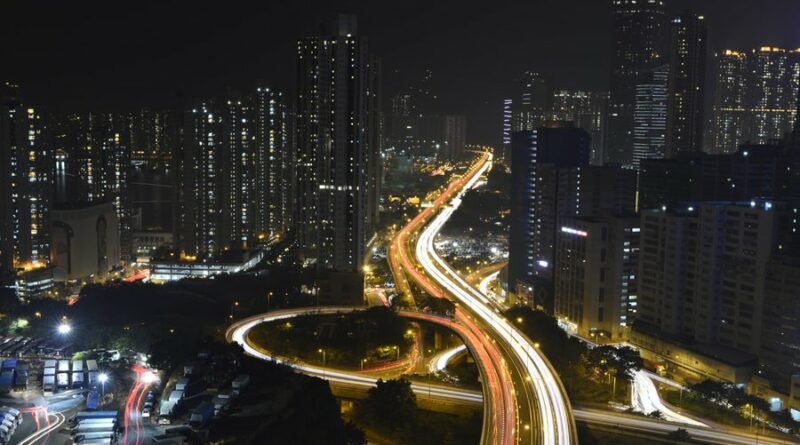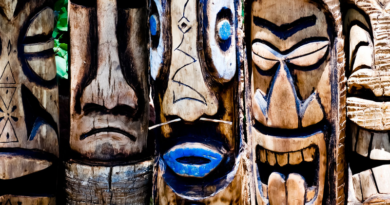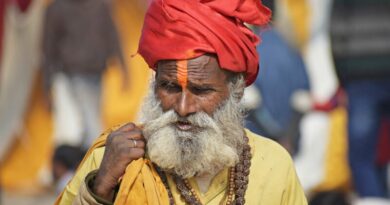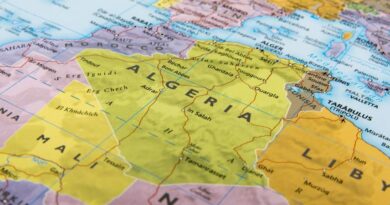History of Hong Kong: Prehistoric thru Modern Times
Within the southern coast of china, is located an Island state called Kong Hong. HK began as a fishing village, a site for salt production and also as a trading area within the larger china territory. It later emerged as a strategic military port and finally as a financial hub. Currently, HK is the world’s 12th highest GDP per capita, providing a third of china’s foreign capital flows. The country’s history on political, economic and socio-cultural developments dates back to over 30,000 years.
Prehistoric Kong
There are archaeological findings signifying human activity in the HK territory dating back over 30,000 years. Excavation of Stone Age materials in areas of Sai Kung and religious carvings in the islands and coastal areas confirms the existence of human activities in the prehistoric HK. The recent findings from Paleolithic have confirmed that Wong Tei Tung as one of the most ancient settlements in HK.
Occupation of Hong Kong
During Quin Dynasty (221- 206 BC), Hong Kong was integrated into china and was later firmly consolidated under Nanyue in 203 – 111BC. The Territory was later invaded by Mongol in 1276. The population boom was realized during Mongol period as Chinese refugees flocked the territory. The refugees were running away from wars and famines while others were searching for jobs.
The convention of Chuenpee in January 1841 gave way to preliminary cessation of HK Island to the United Kingdom. The Nanjing treaty of August 1842 made HK a colony of the UK. Several conventions that followed seceded additional territories of HK into UK colony. After rebelling from British rule, the country was later occupied by Japan between 1941 to 1945; the period was characterized with hard economic conditions. It took joint British and Chinese troops to liberate HK in the war of 1945.
Modern Hong Kong
The modern Hong Kong was under British rule from 1950 to 1997. During 1950s, the economy revived due to the inflow of skills and capital brought in by refugees from mainland Chinese. In addition, many foreign firms also came in from shanghai to HK which transformed the country economy from trading to manufacturing.
Manufacturing industry provided employment to natives and immigrants of Hong Kong. 1960s marked the turning point for the country’s economy as construction business was also revamped. The cultural values of Chinese traditions were challenged during this period both in factories and at home. Gender rights and equality in employment was established in 1970s. The rights of women contributed positively to the health and nursing profession. This period also witnessed the extension of government subsidies in education.
HK consolidated itself as a commercial hub and tourist centre in the region. The country’s cinema and music has put the nation on international map and is a major form of Tourist attraction. The period of late 1970s witnessed the beginning of high life expectancy, literacy level and per capita income for its citizens. This is attested by socioeconomic measures for the country over the preceding decades.
Politics of Hong Kong
The modern HK was under British rule from 1950s to 1997. The Sino-British joint Declaration in 1982 between Britain and Mainland china extended British occupation. It proposed the concept of one country with two systems of governments. The country became one of the wealthiest nations in the world during the period of British rule. HK basic law was officially accepted in April 1990 as a mini-constitution after handover. The country was handed to PRC in July 1997, marking the end of British rule. Several political reforms have taken place after handing over. HK under Chinese rule has continued to face a series of events and protest, an example being the 2003 SARS outbreak.
Conclusions
HK is one of the wealthiest nations in the world, situated in south east within the PRC. It has a high per capita GDP, high literacy level and has experienced economic boom during the past 40 decades. Its Tourism industry is flourishing, and has diverse culture portrayed in their cinemas and music. The country has a history dating over the last 30, 000 years.
Bibliography
Starling, Arthur. Plague, SARS, and the Story of Medicine in Hong Kong. Hong Kong: HK University Press. (2006).
Wei, Betty, Li, Elizabeth. Culture Shock! Hon Kong. New York: Marshall Cavendish Editions. (2008).
Wiltshire, Trea. “Old Hong Kong: Central, Hong Kong”. Text from Asia books Ltd. Volume 3. (2003): 12-15.




